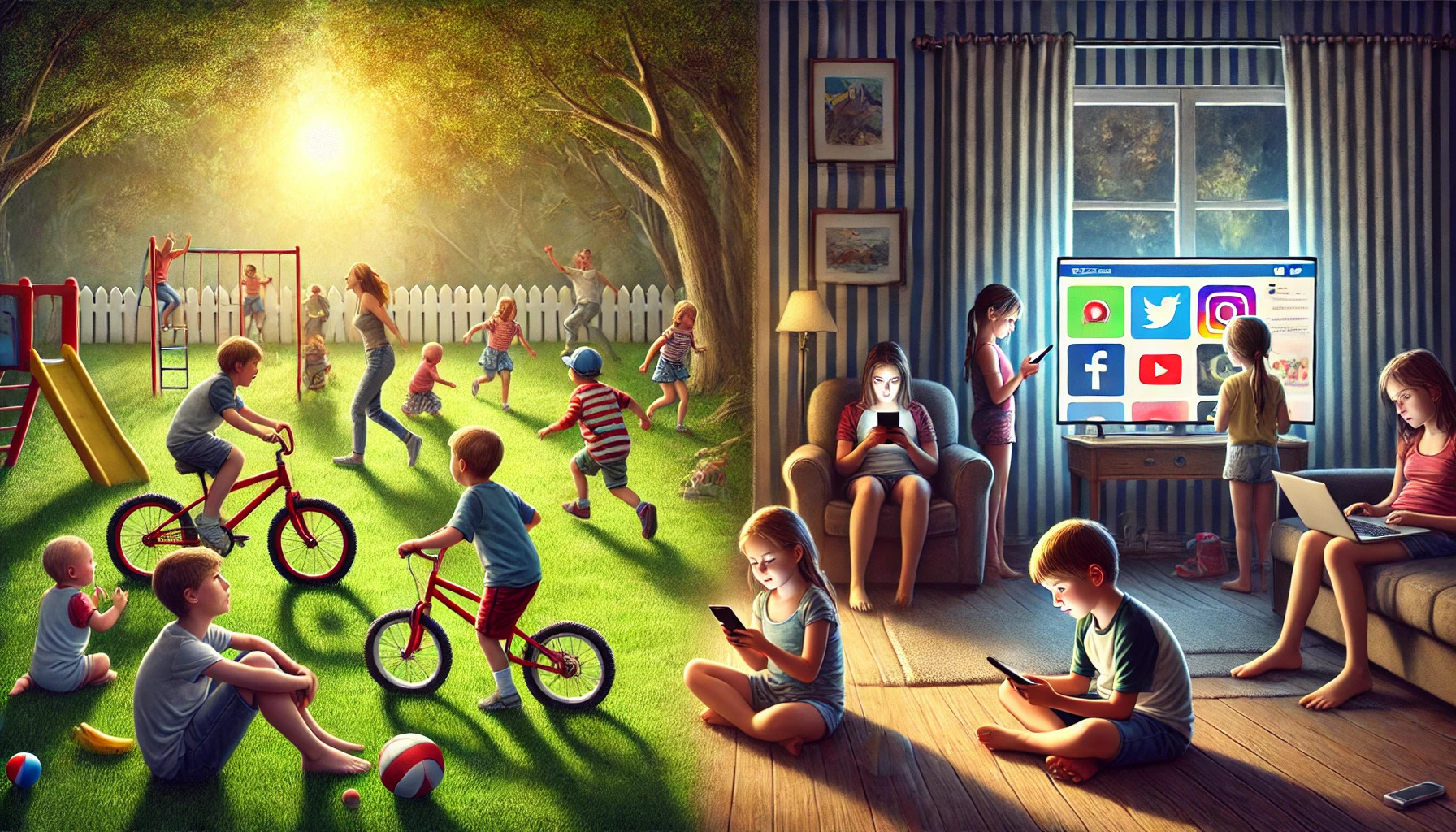
Social media’s connection to a rise in anxiety and sadness in kids and teens is one of the main causes of concern. Research has indicated that excessive use of social networking sites like Instagram can increase the risk of depression, especially in young individuals who are still forming their sense of self and identity. Second, with the popularity of social media, cyberbullying has grown to be a serious problem. A child may experience cyberbullying at home, which can cause a persistent feeling of fear and worry, in contrast to traditional bullying, which stops when the child leaves the school premises. As to a survey published in The Guardian, teens today view cyberbullying as more detrimental than drug misuse.
Third, social media is frequently held accountable for reducing attention spans and having a detrimental effect on academic achievement. According to Queen’s Journal, children find it challenging to concentrate on jobs requiring prolonged concentration because of the constant onslaught of messages and their desire for rapid satisfaction. Furthermore, there is ample evidence of the detrimental consequences of excessive screen time on physical health. Youngsters who use social media extensively are less likely to be active, which might result in problems like obesity and bad posture. The Lansing State Journal describes how children’s preference for digital contacts over outdoor play contributes to the rise of “nature deficit disorder” cases.
On the contrary, social media can offer vital social support and connectivity despite certain disadvantages, particularly for kids who experience social isolation. People have overcome obstacles like eating disorders by using social media platforms like Instagram to connect with supportive networks. Another thing to consider is that social media may be an excellent teaching tool, giving kids access to knowledge and resources that they wouldn’t have otherwise had. Numerous educational studies have demonstrated the enormous potential for educational growth and development that these platforms provide.
Furthermore, social media gives kids a platform for self-expression and creativity, enabling them to share their skills and passions with a larger audience. In particular, youngsters who might not have access to other forms of expression might find great empowerment in this. Also, kids these days can have enriching experiences on the internet that weren’t possible for their parents’ generation. Additionally, social media sites like Instagram and Twitter have developed into effective instruments for activism and social awareness, allowing kids to get involved with international concerns at an early age. The Shorty Awards honour programmes like Project Buddy, which uses social media to help kids connect and build support systems.
Social media has a complex effect on children, including positive and harmful elements. It can result in problems like worry, cyberbullying, and decreased physical activity, but it can also present chances for social support, academic advancement, and artistic expression. Finding a balance and making sure kids use social media in a way that improves rather than diminishes their general well-being is crucial.
#salientquestions
How early should kids have access to social media?
Are a lot of adults struggling with social media?
How do we expect kids to be able to handle social media pressures if a sizeable number of adults are having issues with it?
Hi Abijo
The generated picture is very captivating and portrays the real situation of what is happening in today’s world. Indeed, social media reduces attention spans for children if used wrongly. I also like your argument on the use of social media as a teaching tool for educational growth in children. As a parent and educator, I have experienced the two sides and I can say that using social media is not bad…but how we guide children towards using it is very important.
This is an exhaustive blog post on the issue of social media and I have enjoyed reading your outlook on it. It’s important to set a balance for the children and take a view of how best we can use technology and whether we need to be wary of how much and what kind of media the children are observing.